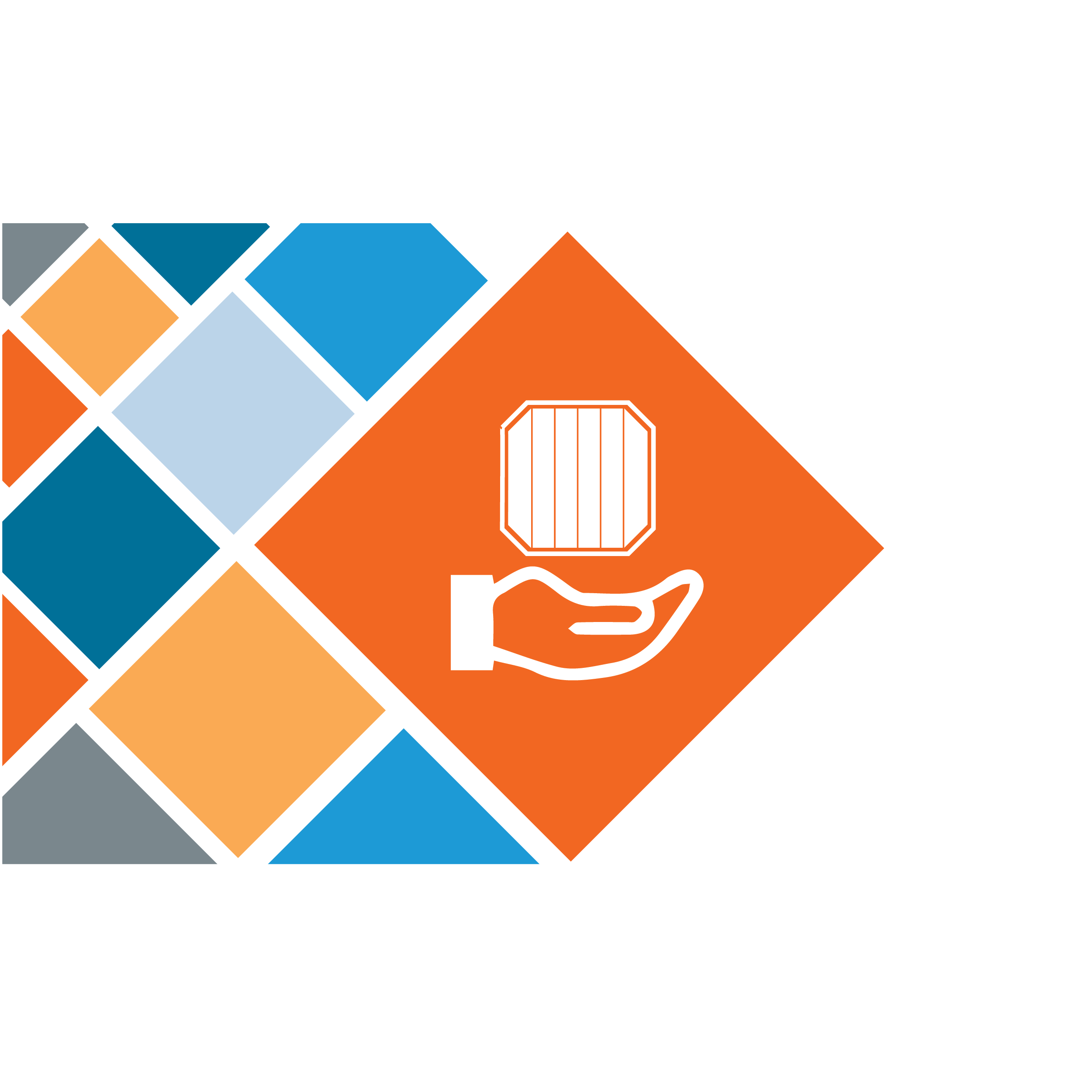
Solar power purchase agreements (PPAs) are a type of financial agreement where homeowners “rent” a solar system in exchange for discounted rates on renewable energy.
PPAs have become less popular in recent years as owning a solar system has become more affordable. PPAs can make solar more affordable for many homeowners, as there are no up-front costs or maintenance.
However, because the homeowner does not own the system under a PPA, how much they can save is limited. Additionally, PPAs are restricted in some states. As a result, Blue Raven Solar does not offer PPAs, but they could still be a viable option for some homeowners.
What is a Solar PPA?
Under a PPA, a homeowner pays for energy generated by solar panels installed on their roof. Your solar installation company will install the solar panels free of charge and maintain ownership of the system.
Unlike a cash purchase or solar loan financing, where the homeowner owns and pays for the solar system equipment, homeowners with PPAs only pay for the electricity the panels generate. This helps homeowners save money because they pay a discounted rate for their energy.
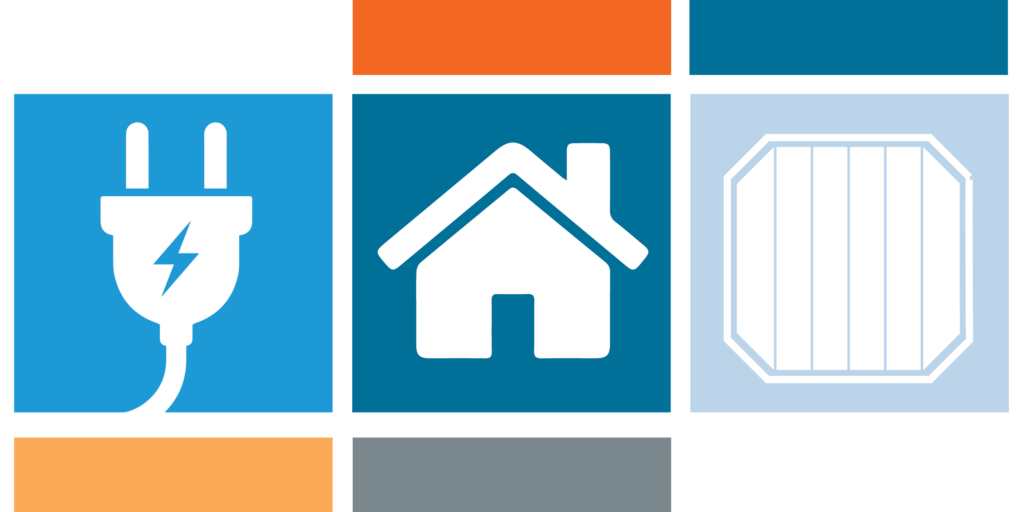
How Solar PPAs Work
There are three parties involved in a solar PPA: the local utility company, the homeowner, and the solar company.
Your solar company administers the PPA. They will design, permit, install, and maintain the solar project over your contract term. Since the solar company owns the solar system, it can also claim incentives like the investment tax credit (ITC).
The homeowner “hosts” the solar system, meaning the solar company installs the solar system on their roof for use. As a result, the homeowner receives discounted energy prices below the utility rate. How much a household pays as part of the agreement depends on their energy usage, local energy costs, and the amount of energy the panels produce.
Finally, the utility company continues to provide traditional energy to the homeowner as necessary. If you live in an area offering net metering programs, your utility will distribute any net metering credits for excess energy sent back to the grid.
Solar PPA vs. Solar Lease
Solar PPAs and solar leases are both agreements where your solar installer fits panels on your roof that you do not own. Instead, you pay the company each month to use the system (a lease) or the energy it generates (PPAs).
Under a PPA, your monthly payments will fluctuate based on how much electricity the panels produce. For instance, if the panels produce more energy in the summer, you would pay more than in the winter when productivity is lower. On the other hand, with a solar lease, you pay a fixed price each month.
With a solar PPA, you are technically paying your solar installation company for the energy the installed panels produce at a discounted electricity rate. Under a solar lease, you are paying to use the solar equipment on your roof rather than the electricity.
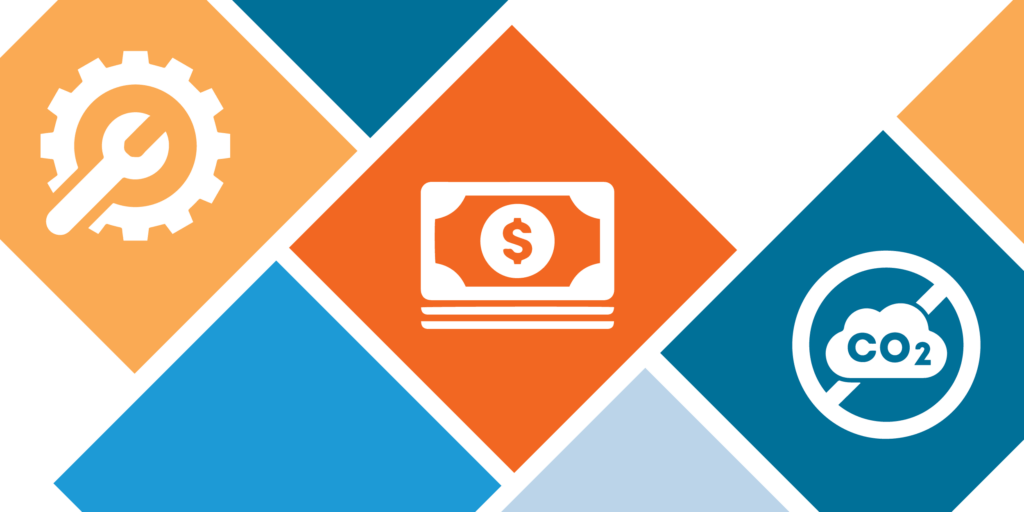
The Benefits of Solar PPAs
PPAs do have their advantages, as they can save homeowners money and reduce their carbon emissions.
No Upfront Costs or Maintenance
PPAs are appealing to many homeowners because they require little or no upfront costs for equipment, and the solar company handles and pays for all maintenance throughout the contracted term.
Pay Less for Energy
You will save some money on energy bills with a PPA, although it won’t be as much as if you owned your solar panel system. You can expect to pay about 20% less for electricity with your PPA compared to traditional energy.
Reduce Your Carbon Emissions
Because you’ll power your home with clean energy, going solar with a PPA means you’ll decrease your household carbon emissions. A PPA can make renewable energy sources more accessible for households who cannot otherwise afford to own a solar system.
Potential Drawbacks of Solar PPAs
Although PPAs offer convenience and low upfront costs, long-term contracts and a lower return on investment are drawbacks to consider.
Long-Term Contracts
PPA contracts typically last 10 to 25 years. If for any reason you want to terminate your PPA agreement before the contract ends, you may have to pay fees or face pushback from the solar company.
This can also make selling your home complicated. If you are selling your home, you are still responsible for your PPA contract. That means you will have to either transfer the contract to the new homebuyer, buy out the system, or terminate the agreement (if the terms allow).
Lower Return on Investment
PPAs have a lower return on investment than solar loans or cash purchases. Because you don’t own the solar panels under a PPA contract, you won’t be eligible for the 30% federal tax credit or other rebates and tax incentives. Although you’ll pay a discounted rate for energy, you’ll still have to pay your provider each month, which limits how much you can save.
Contracts may also have a built-in escalator, which means the rate you pay for energy under your PPA will increase annually. This can result in a decrease in energy cost savings over the length of your agreement.
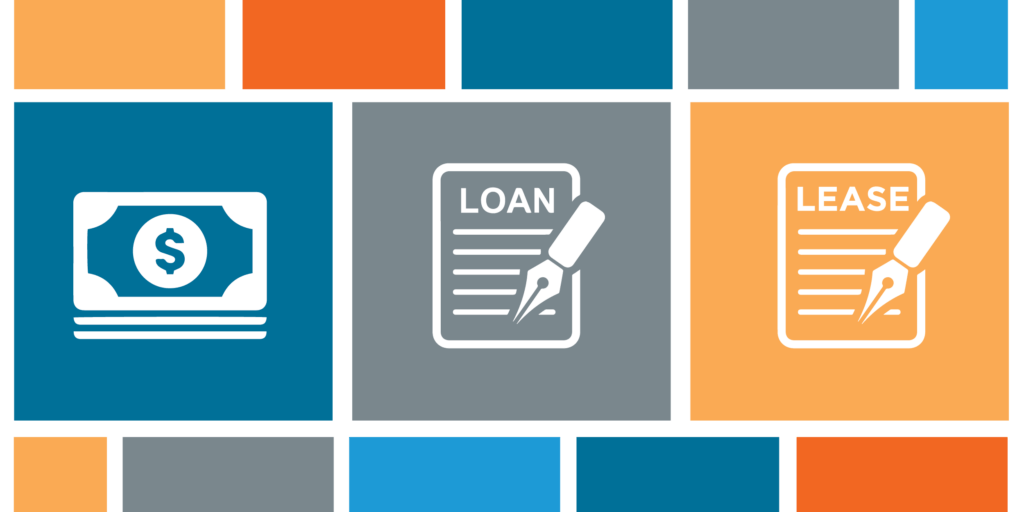
Other Solar Financing Options
As the cost of solar has decreased significantly, solar loan financing and cash purchases have become more popular than leases and PPAs. When you purchase your system with cash or a loan, you own your system, allowing you to take advantage of solar incentives and see more energy savings over time.
Cash Purchase
Although the up-front cost is high, purchasing a solar system in cash usually offers the highest return on investment. With a cash purchase, you won’t have to pay any interest on a loan, and you’ll immediately start saving on your monthly energy bills.
A cash purchase may not be realistic for all homeowners, as a solar system typically costs several thousand dollars. Financing your solar panels with a loan also offers a higher average return on investment than a lease or PPA.
Solar Loan
A solar loan is the next best financing option besides purchasing your system in cash. Solar loans offer flexibility by allowing you to pay for your panels in installments. You can also put a down payment on your system to minimize what you pay in interest.
Plus, many solar providers allow you to finance your solar panels with $0 down and low interest rates. Blue Raven Solar offers exclusive solar financing programs like BluePower Plus+. You still own your system when you enroll, but we cover your first 18 months of solar loan payments.
Solar Lease
A solar lease is similar to a solar PPA in that you do not own your solar panels. With a solar lease, you essentially “rent” the panels on your roof and pay a fixed rate each month. Like PPAs, solar leases offer low startup costs but you will not own your system and cannot claim any solar incentives.
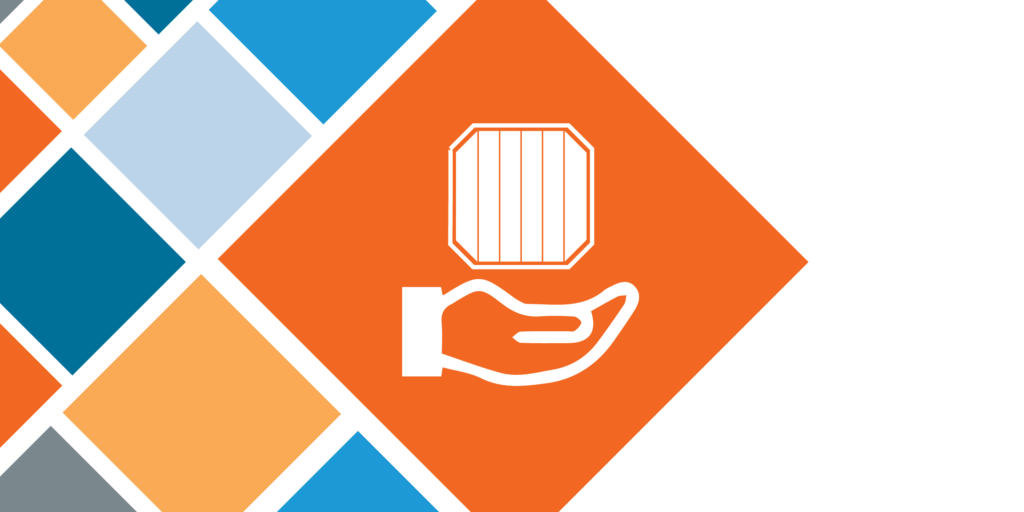
Our Financing Recommendation
We strongly recommend owning your solar panels by purchasing them in cash or through a loan instead of entering into a PPA. A solar PPA might offer some financial benefits, but most homeowners can save significantly more on energy costs when they own their solar energy equipment.
Ultimately, as the cost of a residential solar system has declined by 64% over the past decade, PPAs have fallen out of favor. Lower prices make ownership more accessible and cost-effective.
If you’re interested in owning your own solar panel system, speak with a Blue Raven Solar expert today.
Frequently Asked Questions
Can I claim solar incentives with a PPA?
If you are a homeowner under a PPA contract, you are not eligible for most available solar incentives because you do not own the system. Instead, your solar company will benefit from incentives like the 30% federal solar tax credit.
Can I participate in net metering programs with a PPA?
If net metering is available in your area, you can send any excess energy your panels generate back to the grid in exchange for billing credits. But since your PPA provider, the solar company, owns the solar system, you will not see a direct net metering credit on your energy bill. Instead, your solar company will issue a discounted energy rate reflecting your net metering savings.
What if I sell my home before the PPA expires?
Many solar companies will not allow you to simply end your contract before the term ends, even if you are selling your home. If you want to sell your home before your PPA contract expires, you’ll need to transfer your PPA to the new homebuyer, buy out the system, or terminate your contract and have the panels removed.
What happens when a solar PPA ends or expires?
When your PPA contract ends, you can either renew the contract, purchase the system, or have the system removed.
What is the cost of a PPA?
How much you pay for your PPA will vary monthly depending on how much energy your system generates and the energy rates in your area. You’ll save some money on electricity because you’ll pay a discounted rate for the energy your panels generate.
How do I get out of a solar PPA?
If you want to get out of your solar PPA before the contract term ends, you’ll have to buy out the contract by purchasing the system or pay a fee. Your PPA contract will outline cancellation terms.

Faith Wakefield
Faith is a solar and sustainability writer whose work has been featured on the World Economic Forum, EcoWatch, and major solar installer blogs. To inform her writing, she has visited solar installation sites, interviewed several solar experts, and spent countless hours researching the newest sustainability trends and technologies. Faith is based in Virginia and holds economics and English degrees from UNC Chapel Hill.
Faith is a content contributor and not directly affiliated with Blue Raven Solar. For solar specific questions, reach out to support@blueravensolar.com or call 800-377-4480.



Sorry, the comment form is closed at this time.